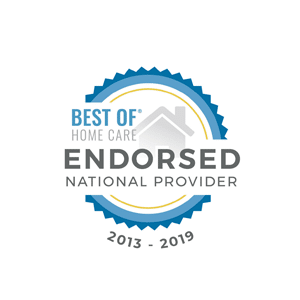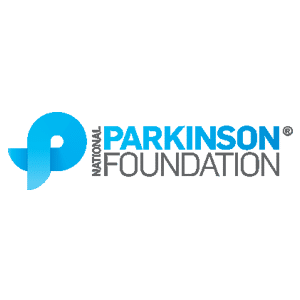
Tips for Getting a Good Night’s Sleep
Getting a good night’s sleep is crucial for both physical and mental health. However, as we age, changes in our bodies can make restful sleep more challenging. At Home Care Assistance, our Care Professionals have compiled some helpful habits to promote better sleep. Here are our top tips:
1. Maintain a Consistent Sleep Schedule
Stick to the same bedtime and wake-up time every day. This helps regulate your body’s internal clock, making it easier to fall asleep and wake up naturally. While it may be tempting to sleep in, especially on chilly winter mornings, maintaining a consistent schedule will improve your overall sleep quality.
2. Relax Before Bed
Creating a relaxing bedtime routine is essential for a good night’s sleep. It’s hard to fall asleep with a busy mind. Find activities that help you unwind, such as taking a warm shower, drinking hot chocolate, or reading a book. The key is to find what works for you and make it a part of your nightly routine.
3. Eliminate Bedroom Distractions
Keep electronics like TVs, computers, and mobile phones out of the bedroom. The light and sounds from these devices can be very disruptive. If you’re concerned about missing an urgent call, set up a nighttime mode on your phone that allows calls from specific contacts. Some phones can be set to ring only if someone calls twice within 15 minutes, ensuring you won’t miss emergencies but can still sleep undisturbed.
4. Eat Healthy and Avoid Large Meals Before Bed
Eating healthy, easily digestible meals can promote better sleep. Avoid large, heavy meals before bed as they can cause discomfort and disrupt sleep. Try to eat dinner at least three hours before bedtime. If digestion is still an issue, consider having your main meal at lunchtime and a lighter dinner. If meal preparation is challenging, consider home care support for grocery shopping and meal prep.
5. Limit Caffeine, Alcohol, and Sugar Late in the Day
Caffeine can significantly disrupt your sleep, so try to limit its intake to early in the day. Opt for caffeine-free alternatives later. Sugar can also impact sleep quality, particularly if consumed in large amounts late in the day. Alcohol may help you fall asleep faster but can reduce the quality of your sleep. For better rest, switch to non-alcoholic alternatives.
6. Exercise Regularly
Exercise is beneficial for promoting good sleep as it helps tire out the body. However, avoid exercising late in the day, as it can make it harder to wind down. Try to exercise at least three hours before bedtime. If you’ve recently increased your exercise and are sleeping poorly, you might be overdoing it. Gradually increase your activity level for better results. Our Care Professionals at Home Care Assistance can help you establish a safe and effective exercise routine.
7. Avoid Long Naps
While naps can be tempting, especially on tiring days, long or late naps can interfere with nighttime sleep. If you need to nap, do so earlier in the day and keep it to about 30 minutes.
Sleep is vital for maintaining health and well-being. By following these tips, you can improve your sleep quality. If you find it challenging to change many habits at once, start with one or two and gradually incorporate more. If sleep problems persist, consider consulting your GP.
Home Care Assistance can greatly enhance your quality of life while allowing you to live independently. For more information, contact your local Home Care Assistance today.















